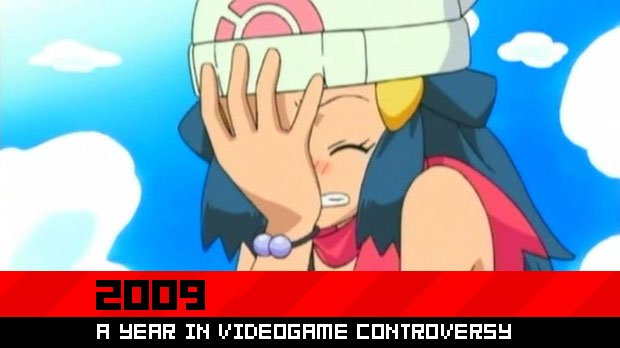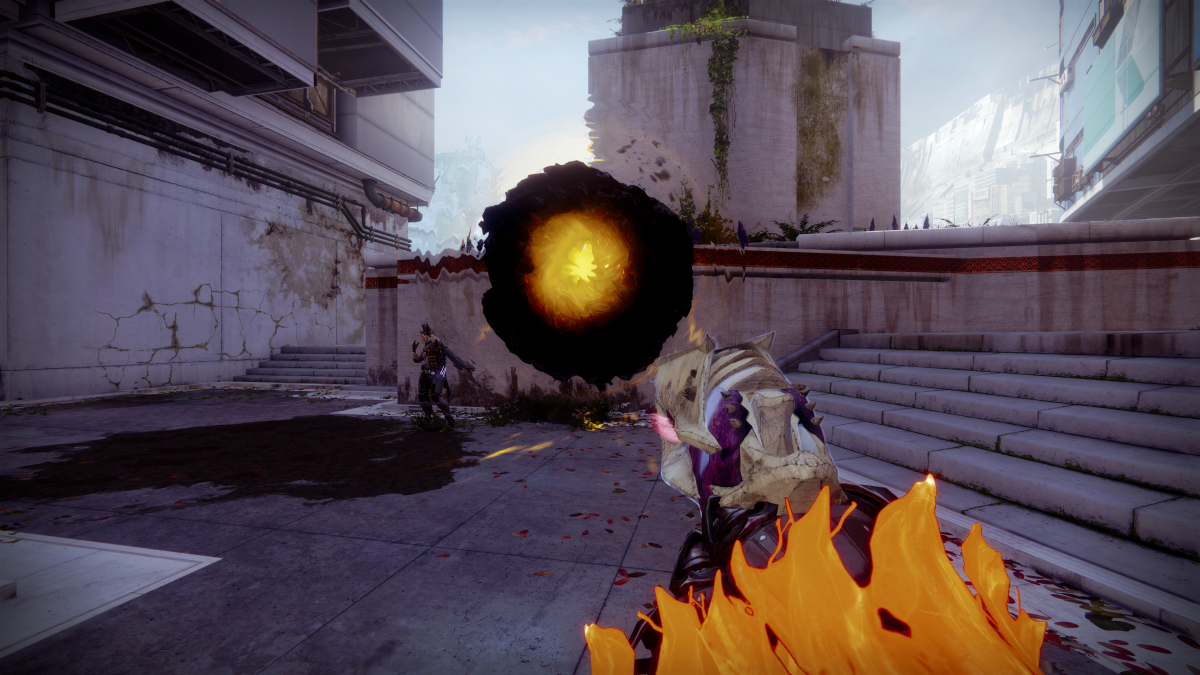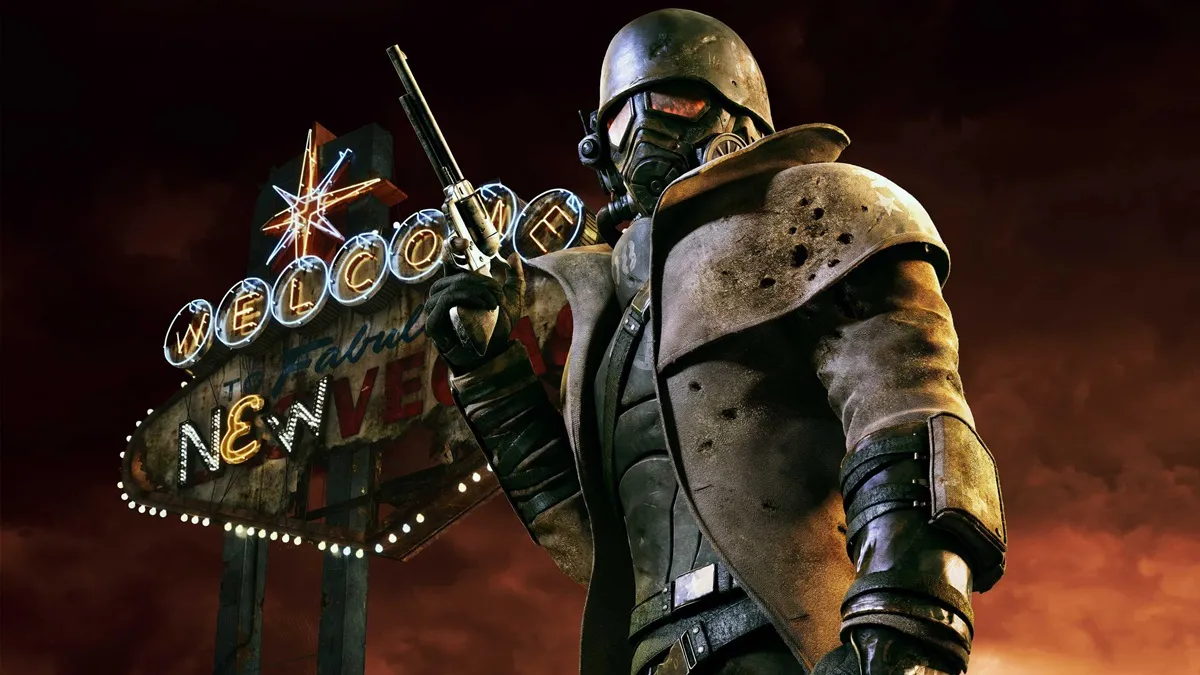2009, like every year in this beloved industry of ours, has been full of senseless and inane controversy. From questionable review scores to boycotts and surprise announcements, it’s been another year of outrage, flamebait and plenty of good ol’ fashioned BIAS!
As this year draws to a close and we look forward to another twelve months of rage and fanboyism, it’s time to look back on the days gone by and reflect upon the many controversies that marked 2009. Whether you were personally angered by them or not, they certainly helped keep the year interesting.
Join me as I take a nostalgic look back on 2009’s most outrageous moments. This is 2009, the year in videogame controversy.
The Left 4 Dead 2 boycott (June):

The Left 4 Dead 2 announcement and resulting boycott was definitely one of the biggest and most outrageous stories of the year back in June. When Valve revealed the game at Microsoft’s press conference, there was a lot of excitement, not to mention surprise, but as with everything, there were entitled, spoiled, angry little kids who weren’t too happy about it.
Claiming that the game was rushed and not worthy of “sequel” status before they’d even played it, a group of so-called Valve fans initiated the legendary Left 4 Dead 2 boycott, claiming they would not buy the game because Valve broke some sort of promise that the original Left 4 Dead would be supported with DLC until the end of time. Even when that DLC came for Left 4 Dead 1, the kids were unsatisfied and the boycott continued.
Eventually, Valve initiated a “divide and conquer” plan, inviting two boycott leaders to Seattle to play the game themselves. After a lavish weekend at Valve’s expense, the leaders unsurprisingly changed their minds about the entire thing, claiming the game was brilliant. The boycotters then started to argue amongst themselves and the movement was officially declared dead, with a few staunch protestors clinging on.
As you may have guessed, most of the boycotters ended up buying and playing the game anyway, because most boycotters are weak-willed and lacking in principles. Especially videogame ones.
The Killzone 2 review frenzy (February):

I once argued that of all fanboys, PS3 fanboys were by far the worst, and Killzone 2 helped to demonstrate that perfectly. It seems that whenever a PS3 exclusive game is released, the Sony Defense Force instantly gets up in arms, ready to pounce on any videogame reviewer that doesn’t please them like rabid and pre-pubescent wolves. Killzone 2 was easily the worst demonstration of pathetic fanboy temper tantrums I’d ever seen, as even positive game reviews were attacked and complained about.
Over at Total Videogames, Killzone 2 received an 8/10 and the crowd was soon screaming for the poor reviewer’s head on a stick. All because he didn’t say the game was absolutely perfect. The abuse and shrill declarations of BIAS from the Sony obsessives got so bad that Adam Sessler dedicated an entire Soapbox to it, reading out some of the ludicrous correspondence he received after X-Play’s 5/5 review. Yes, they managed to complain about a perfect score.
The amusing epilogue is that most of the whining bitches aren’t even playing Killzone 2 anymore, and these days you can say the game sucks without anybody batting an eyelid. In fact, quite a few people have been dumping on the game lately and getting away scot-free, because the fanboys just don’t care anymore. Yes, they’re that insecure that they’ll defend something they don’t even like all that much, if it’s the only thing they’ve got at the time.
Truly pathetic, and easily 2009’s most flagrant display of fanboyism. PS3 fanboys are definitely the worst.
Dante’s Inferno and the marketing of doom (All year):

Controversy sells, and that’s something Visceral Games and Electronic Arts have definitely learned this year. The marketing campaign for Visceral’s already controversial game Dante’s Inferno has been … unique to say the least. From orchestrating its own fake Christian protest group at E3 to sending game reviewers 200 dollar checks, EA has pushed the envelope with Inferno‘s marketing.
Some have thought the marketing stunts brilliant, while others felt that giving reviewers big fat checks in the name of promotion crossed the line into tastelessness. Whichever way you look at it, one thing cannot be denied — the marketing has worked. We all know about Dante’s Inferno now, and there are bound to be many who buy it out of sheer curiosity.
Even the game’s tagline, “Go to Hell,” generated discussion among those who loved it, and those who felt it was offensive. The whole thing’s been a cleverly orchestrated and professionally bottled controversy, and I have to give huge respect to Visceral for that. Well done.
Six Days in Fallujah (April):

This is one of those games that demonstrated just how quick the mainstream press is when it comes to vilifying videogames and claiming they are the root of all evil. Just days after the Iraq-based game was announced, one media outlet called it the “most tasteless game of the year.” After two days, the families of US war dead exercised their apparently God-given right to voice a stupid opinion on anything war-related like they know what they’re talking about, condemning the game without ever seeing it.
The reaction from the media was so swift and blunt that publisher Konami got cold feet and the game was dropped by the company after having only been announced a matter of weeks earlier. The developer, Atomic Games, soon fell victim to financial problems and layoffs, and while the developer is still hanging on for dear life, things don’t look good. So, we have the mainstream media to thank for the essential death of a studio, just because they took offense to something they’d only vaguely heard about.
I’m actually more mad at Konami than the media, however. If you don’t have the balls to weather controversy over an obviously controversial videogame, don’t agree to publish it in the first place. It was clear that Six Days in Fallujah was going to cause outrage from somewhere, and for Konami to run crying at the first sign of trouble was utterly shameful, to say the least. Whether or not the game was a good idea, the very fact that someone had the moxie to attempt it was worth respect. Unfortunately, we all got to see the price one pays for trying to be adventurous in the medium of videogames. Is it any surprise that so many studios play it safe with WWII shooters when bullshit like this happens?
Assassin’s Creed 2 got a 4.5!? (November):

On one hand, this entry is shameless self-promotion thanks to the fact that it is a Destructoid review. On the other, however, the discussion about the review crept onto a ton of online communities and was even written about on a variety of blogs, turning the whole thing into a story in and of itself. In fact, for quite some time in November, it was the biggest traffic driver on the whole site.
Anyway, Assassin’s Creed 2 got a 4.5, a lot of people disliked it, and the whole situation snowballed into the online equivalent of a massive playground fight. Twitter was perhaps the most fun part, with developers from Montreal working at mystery companies saying “Fuck Jim Sterling,” which is something they still like to do, and plenty of people Tweeting their sheer disbelief and moral indignation at the idea of someone daring to suggest that they thought the game was sub-standard.
Other blogs analyzed the situation, some claimed they would boycott Destructoid, and all the while Assassin’s Creed 2 continued to sell loads of copies and get 10/10 review scores at other outlets, so really, what reason did anybody have to be upset? The game got more perfect reviews than it deserved. Getting upset because one review didn’t agree? That’s just greedy, guys. Plain greedy.
Grand Theft Penis (February):

It wouldn’t be a year in videogames without some controversy from Rockstar, and the Grand Theft Auto developer certainly succeeded with the first downloadable episode for Grand Theft Auto IV, The Lost & Damned. One of the game’s cutscenes was remarkable for showing off full-frontal male nudity, and the proud display of wang did not go unnoticed by gamers.
It did what Rockstar set out to do — generated discussion. So much so that the episode’s launch was almost completely upstaged by one little pecker. Regardless of whether or not you love cock in your videogames, it was certainly interesting and, had it not been leaked onto the Internet beforehand, would have been incredibly shocking. You could almost say that the shock value of that scene was given the shaft.
I’m so witty.
Infinity Ward vs. Dedicated Servers (November):

Arguably one of the biggest outrages of the year was Infinity Ward’s last-minute announcement that Modern Warfare 2‘s PC version would lack dedicated servers. Viewed by many PC fans to be a crucial component of online gaming, dedicated servers is something that sets computers apart from consoles, and Infinity Ward’s decision to blur the lines was met with anger and disgust from a lot of gamers.
Even worse, InfinityWard.net has proven to be an insufficient replacement for dedicated servers. Bugs and glitches are just as prevalent as they’ve ever been, while some gamers have had trouble with their ISPs because of the new system. What’s more, the game is even rumored to be an effective method of putting trojans onto people’s computers.
Unfortunately, PC gamers didn’t help the situation by acting like the L4D2 haters and going back on their boycott. Most of the outraged masses who claimed to be shunning MW2 ended up buying it on Steam anyway, putting paid to any form of retribution that Infinity Ward may have suffered for shitting on an entire market.
Now, with id Software also looking at taking away dedicated servers, it seems that the console-ization of PC games has begun. You better get used to it, because there is definite change in the air for computer gaming.
Bayonetta sucks on the PS3 (September):

It all started with an ill-fated showing of Bayonetta in Tokyo. Up until that moment, we’d only ever seen the Xbox 360 version of the game in action, and when Sega trotted out the PS3 version, we soon found out why. Early reports claimed that the game suffered from framerate problems and all manner of graphical issues when committed to Blu-ray, and people demanded to know more.
The more we found out, however, the worse it got. As it turns out, Bayonetta was developed by Platinum Games for the Xbox 360, and only the Xbox 360. Sega wanted a PS3 version, so decided to port the game itself. Unfortunately, the porting process didn’t go swimmingly, to the point where a comparison between the two games reveals a clearly inferior version of the game on Sony’s box o’ Blu-ray.
Platinum Games is so aware of the inferiority that it has steadily distanced itself from the PS3 iteration of the game. Bayonetta on PS3 starts with a disclaimer at the beginning, making it very clear that it was ported by Sega. PS3 fans are angry about the shoddy treatment, and in this case, it’s somewhat understandable.
The good news is that Sony itself is said to be working on the PS3 version prior to its North American release, where the framerate and ludicrously excessive loading times will hopefully be fixed. Nevertheless, this was still pretty big news in 2009, and something that will definitely overshadow the North American PS3 launch.
No Russian (November):

What list of 2009 videogame controversies would be complete with “No Russian,” the infamous “airport scene” from Call of Duty: Modern Warfare 2? When we first caught a glimpse of No Russian, we saw what looked like an interactive terrorist attack, with the player given the task of mowing down hundreds of innocent civilians in an airport. With America sensitive to all things terrorist-related, this naturally struck a nerve, and the level had gone on to become one of the biggest shitstorms in videogame history.
The premise of the scene is that players are an undercover agent who needs to get close to a terrorist leader for reasons not explained. In doing so, the player has to take part in a massacre, witnessing and potentially joining in with a brutal and shocking slaughter of men and women. What Infinity Ward did will definitely be analyzed and discussed for years, and we’ll never agree as to whether or not the level should have happened.
Nevertheless, it has been an important landmark in videogames, Whether you agree with it or not, it took a bold step forward that other games have been afraid to take. It weathered the predictable mainstream media controversy remarkably well and potentially opened the door for new and shocking methods of storytelling in game. Infinity Ward may not have done an excellent job with justifying No Russian or using it to drive forth an interesting exposition, but it’s made it possible for other, more narratively minded developers, to do something similar and possibly better.
Ultimately, No Russian was a force for good in gaming, and even if it wasn’t, it certainly hasn’t hurt anything. One of the most controversial moments in all of videogames, and a 2009 landmark, No Russian was important, even if you don’t think it was very good.




